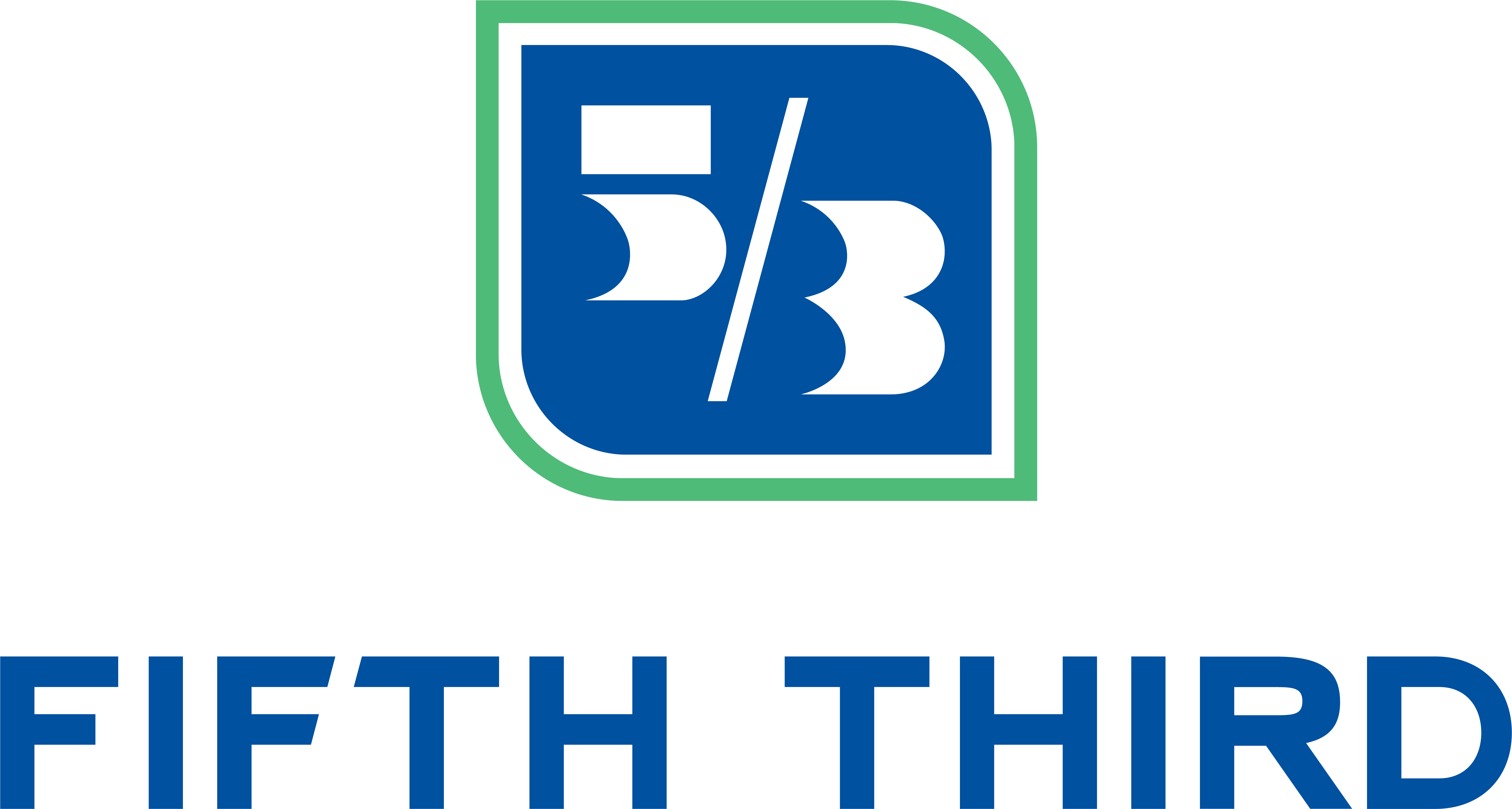Tax Credits for Economic & Community Development
Take a deeper look into tax credits, grants, and subsidies offered to commercial real estate developers by the government to help stimulate economic growth.

Commercial real estate developers with an interest in economic and community development can tap into multiple sources of support. Federal, state and local governments offer tax credits, grants, and subsidies that aim to stimulate economic growth, often in overlooked communities. At the same time, these programs help real estate developers fund important projects, often by lowering their tax burden.
What’s the Difference Between Commercial Development and Economic Development
Commercial and economic development are two sides to the same coin. In theory, the former helps the latter. Commercial development refers to any project built on private land, for profit, that is not heavy industrial or residential. Hospitals, shopping malls, and office buildings all fall into this category.
Economic development centers on projects designed to improve both the wellbeing and economic growth of a city or a neighborhood. Mixed-use developments in urban areas—which integrate retail, residential and cultural uses—usually promote economic development. When a corporation expands offices into a new city, creating hundreds of new jobs, commercial and economic development blend together to create complementary benefits.
Tax credits, subsidies, and grants exist to support a range of developments, from housing to technology to small business. Here are a few resources to consider when planning a new project.

